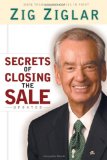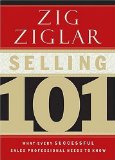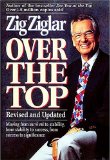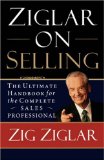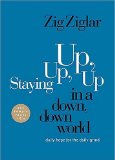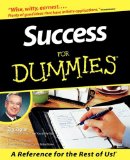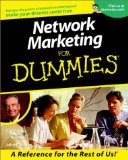In honor of February being National Time Management Month, I ask this question … Is “procrastination” a good thing or a bad thing? And the answer, of course, is YES. Sound confusing? Maybe on the surface. However, let’s dig a little deeper.
Maybe it will clarify things if we begin with a definition of procrastination: “putting off, delaying or deferring an action or task to a later time.”
Throughout history, time management books, seminars, and gurus have warned us of the many negative consequences of procrastination: physical, mental, and emotional stress; a sense of guilt; loss of personal productivity; the creation of crisis; and disapproval of fellow team members for not fulfilling one’s commitments. As a result, numerous tips, tools, and strategies have been offered to avoid or overcome procrastination. Hopefully, we’ve increased productivity and enjoyed better health by responding to that compelling information.
Now let’s take a look at the flip side of this coin. Today’s chaotic and challenging environment has made it almost impossible not to procrastinate. We simply have too many things on our plate and far too little time to deal with them. This throws an entirely different light on procrastination.
There are three versions of procrastination based on what you actually do instead of working on something:
- Nothing
- Something less important
- Something more important
This third option is arguably good procrastination. Everyone procrastinates to some degree in today’s challenging environment. The difference between high performers and low performers is largely determined by what they choose to procrastinate on.
So the question is not how to avoid procrastination, but how to procrastinate correctly. Since you must procrastinate anyway, make the decision to procrastinate on low-value activities. Decide to procrastinate on, delegate, empower and eliminate those activities that don’t make much of a contribution to your life in any case.
In our “I Hate Time Management” seminar, we share a number of tools which can assist attendees to better cope with this challenge. One approach, of course, is to consider who should be doing what. In fact, we addressed this issue in another blog article you might want to read. Simply click on “Delegate, Empower or Do It Yourself” for some great tips.
Another very effective approach is to simply identify a number of things we must STOP doing for a variety reasons. In fact, we should generate a list of those activities. Browse the following articles to learn more about this very productive approach: “Start a ‘Stop-Doing’ List” and “Stop-Doing List Examples.”
Part of the Stop-Doing approach is to Learn How to Say No! Believe it or not, you can actually do that with grace and, in doing so, end the negative aspect of this critical habit of trying to be all things to all people. My favorite author, UNKNOWN, once said: “I don’t know the key to success, but the key to failure is trying to please everyone!”
There’s an actual process to becoming adept at saying no. And, with a little practice and determination, it’s very effective.
- Clarify what is being asked of you and identify the other person’s actual need or situation.
- Say it politely, but firmly, and state your reasons.
- “Thanks, but I’ll have to pass on that this time because …”
- “I’d like to help, but I’m so over-committed right now with …”
- “I wish you had asked me a couple of days ago. I’ve already committed that time to helping ______ accomplish ________ …”
- Offer other options or ideas that might assist them in getting their needs met.
Remember, you simply can’t ADD an activity to your day without GIVING UP another!
Develop the habit of asking yourself: “What’s the best thing I could be working on, and why am I not doing it?” You’ll see things getting much busier before you see them slowing down. Prepare today to cope with that growing challenge or pay the price in the near future.
About Harry K. Jones
Harry K. Jones is a motivational speaker and consultant for AchieveMax®, Inc., a company of professional speakers who provide custom-designed seminars, keynote presentations, and consulting services. Harry's top requested topics include change management, customer service, creativity, employee retention, goal setting, leadership, stress management, teamwork, and time management. For more information on Harry's presentations, please call 800-886-2629 or fill out our contact form.

 We’ve been very fortunate during the past few months to have received some great feedback from teachers, parents, and other youth leaders. In conjunction with that feedback, the month of February this year offers a rare occurrence: within this month’s 28 days, we’ll be celebrating:
We’ve been very fortunate during the past few months to have received some great feedback from teachers, parents, and other youth leaders. In conjunction with that feedback, the month of February this year offers a rare occurrence: within this month’s 28 days, we’ll be celebrating:
